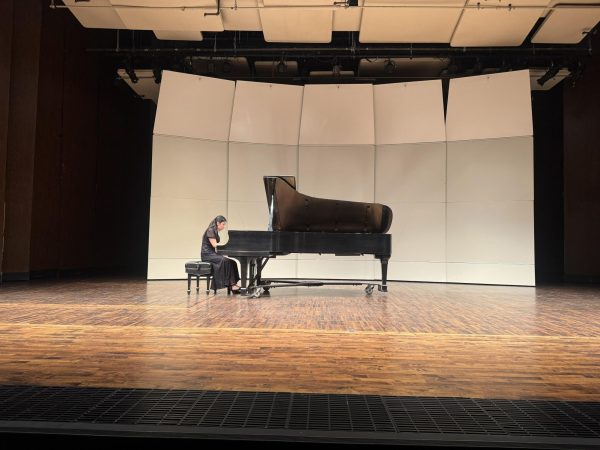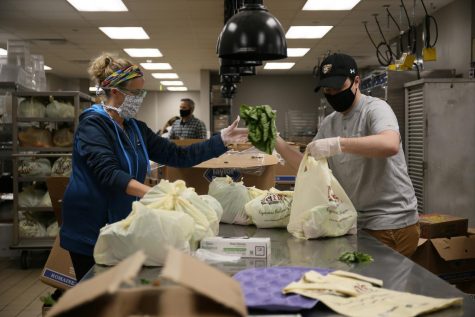Student teaching interns remain on the front line during COVID-19 pandemic
For the past five weeks, Oakland University’s student teaching interns have been constantly adapting to changing circumstances as Michigan’s public school districts have responded to the COVID-19 pandemic.
On March 11, it was announced that OU would be moving all classes online in response to the coronavirus situation. At that time, student teachers were instructed to remain stationed in their school systems as they awaited further information from their administrators.
Within days, most public schools in the state of Michigan had closed their doors. With no set instructions from the Department of Education about how schools should operate during the pandemic, teachers and districts were left on their own to determine how they should continue instruction. OU’s student teachers, meanwhile, were left to follow along with whatever was happening in their districts.
“Our interns were constantly having to shift to new information,” said Cynthia Carver, chair of the Department of Teacher Development and Educational Studies at OU.
In the past five weeks, student teaching interns have stepped up in their roles, and engaged in a wide range of work. According to Carver, student teachers have done everything from holding Zoom meetings with students to helping pack food for school breakfasts and lunches.
Some interns have even found themselves unexpectedly placed in a leadership role during this time. Many young student teachers have had more experience using online learning platforms like Zoom than their mentor teachers, and have had the opportunity to instruct their mentors on how to use these programs effectively.
“It struck us how many stories we were hearing about our interns that were instrumental in designing lessons, and getting everybody in the class involved,” Elementary Field Coordinator Marcia Hudson said.
On the other hand, although this time has not entirely deprived OU’s education students of their internship experience, it came with some losses. With five weeks remaining in the semester, many student teachers were poised to begin the phase of the internship that would have them leading the classroom, perhaps the most important part of the experience.
Despite this, the School of Education and Human Services does not have any plans to reduce the tuition cost for these students, in spite of the fact that the internship is counted as paid credit hours. Instead, the department has focused on supporting its interns through this process and helping them to be prepared to enter the field next fall.
“We are committed to helping support them,” Carver said. “I hope they feel like that’s their tuition dollars at work.”
Further, Carver believes that interns are prepared to enter the field.
“It’s the last five weeks of a much longer program of study,” she said. “They’re ready to go.”
Carver added that, because teachers are constantly having to adapt to changing circumstances in the field, the COVID-19 situation has been a valuable experience for interns.
“Teachers are having to adjust to changes all the time,” she said. “It’s the nature of the work. But they’re new at the profession, and they had to immediately learn this very important skill. I think they did a phenomenal job.”







